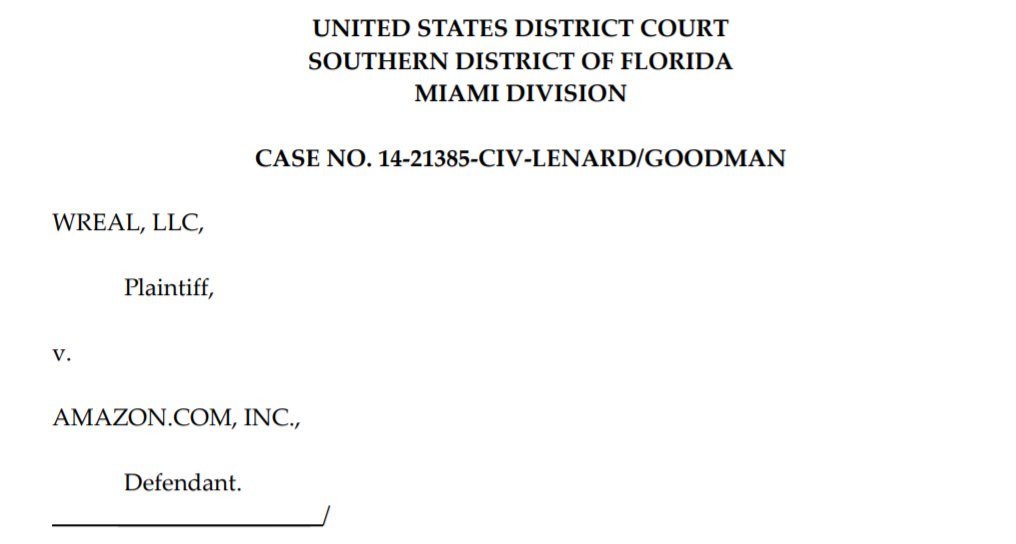In some trademark cases, the plaintiff sues the defendant for trademark infringement based on what is considered to be a reverse-confusion theory. This means that the plaintiff believes that consumers will mistakenly believe that the defendant is the source, affiliate or sponsor of the plaintiff’s product or service.

